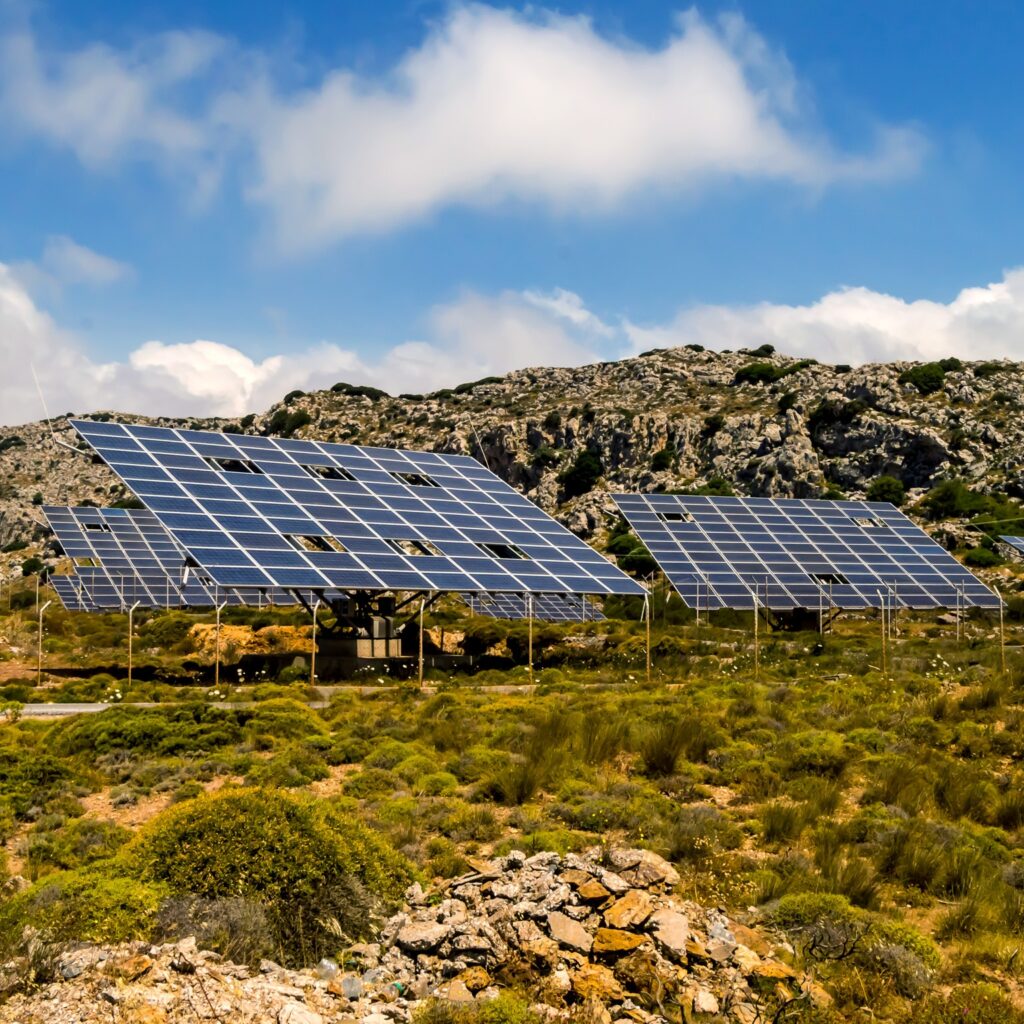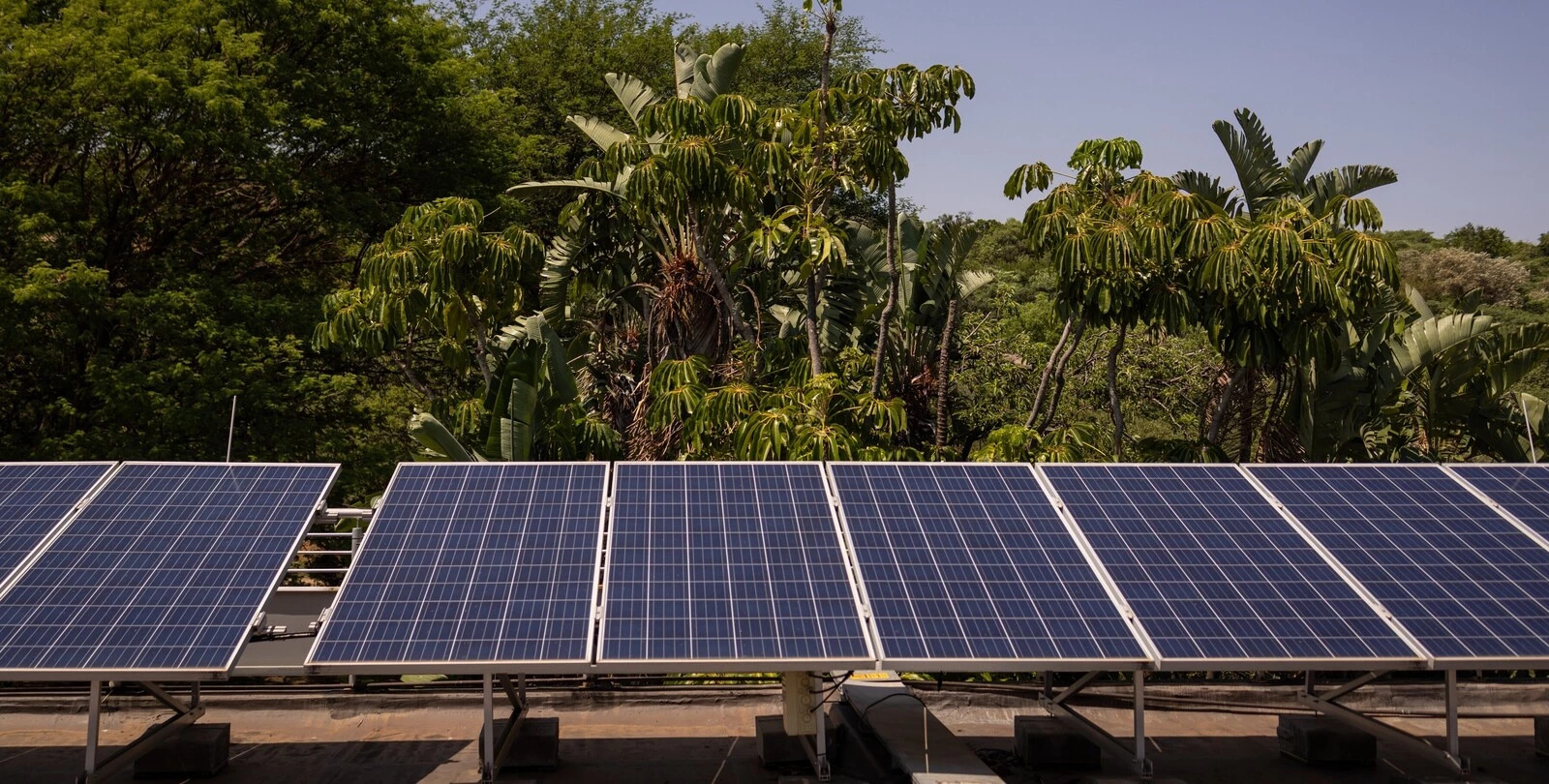As Africa grapples with the dual challenges of climate change and energy poverty, climate finance emerges as a crucial catalyst for the expansion of renewable energy across the continent. With abundant natural resources—such as solar, wind, hydro, and geothermal—Africa has the potential to transform its energy landscape and achieve sustainable development. However, unlocking this potential requires significant investment, and climate finance offers the means to bridge the funding gap necessary for the deployment of renewable energy technologies.
The Importance of Renewable Energy in Africa Africa is home to approximately 600 million people who lack access to electricity, hindering economic growth and exacerbating poverty. The continent’s reliance on fossil fuels, primarily for electricity generation, contributes to high greenhouse gas emissions and environmental degradation. Transitioning to renewable energy not only provides a pathway to cleaner, more sustainable energy sources but also creates opportunities for job creation, economic development, and improved public health.
Investing in renewable energy projects can help countries achieve their Nationally Determined Contributions (NDCs) under the Paris Agreement while also meeting the urgent energy needs of their populations. Moreover, renewable energy technologies are often more resilient to climate impacts than traditional energy sources, ensuring energy security and reliability in the face of changing weather patterns.
Leveraging Climate Finance for Renewable Energy Projects Climate finance can play a pivotal role in accelerating the deployment of renewable energy in Africa by providing the necessary capital for large-scale projects. This funding can come from a variety of sources, including international climate funds, bilateral and multilateral development assistance, and private sector investment. Key initiatives and funds supporting renewable energy development in Africa include:
- Green Climate Fund (GCF): Established under the UN Framework Convention on Climate Change (UNFCCC), the GCF supports projects that promote low-emission and climate-resilient development. In Africa, the GCF has funded numerous renewable energy initiatives, enabling countries to transition away from fossil fuels and enhance their energy infrastructure.
- African Development Bank (AfDB): Through its “New Deal on Energy for Africa” initiative, AfDB aims to provide electricity to millions of people by promoting renewable energy investments. The bank provides financing and technical support for renewable energy projects, emphasizing sustainable solutions tailored to local needs.
- Global Energy Facility: This initiative focuses on providing financing for energy projects that enhance access to clean energy in developing countries. By supporting renewable energy solutions, the facility aims to improve energy access while reducing greenhouse gas emissions.

Attracting Private Sector Investment While public financing is essential, the scale of investment needed to expand renewable energy in Africa also necessitates significant private sector involvement. Climate finance can catalyze private investment by reducing perceived risks, enhancing returns, and providing co-financing opportunities.
- Risk Mitigation Instruments: Climate finance can offer guarantees and insurance products that mitigate risks associated with renewable energy projects, such as regulatory changes, political instability, and currency fluctuations. These instruments can enhance the bankability of projects and attract private investors who might otherwise be hesitant to invest in emerging markets.
- Innovative Financing Mechanisms: Blended finance approaches, which combine public and private capital, can create leverage and mobilize additional funding for renewable energy projects. By using public funds to absorb initial risks, governments can stimulate private sector investment in high-impact projects that might otherwise struggle to secure financing.
- Impact Investing: The rise of impact investing—where investors seek both financial returns and positive social and environmental outcomes—presents a unique opportunity for renewable energy expansion in Africa. Climate finance can facilitate the growth of impact investment funds focused on clean energy projects, directing capital to initiatives that align with sustainable development goals.
Addressing Barriers to Renewable Energy Deployment Despite the potential of climate finance to support renewable energy in Africa, several barriers must be addressed to ensure successful implementation:
- Capacity Building: Many African countries lack the technical expertise and institutional capacity to develop and manage renewable energy projects effectively. Climate finance can support capacity-building initiatives, providing training and resources to local stakeholders and fostering knowledge transfer.
- Infrastructure Development: Insufficient energy infrastructure, such as transmission lines and grid access, poses a significant challenge to renewable energy deployment. Climate finance can help finance the necessary infrastructure development, ensuring that renewable energy projects are connected to the grid and can deliver electricity to communities.
- Policy and Regulatory Frameworks: Stable and transparent regulatory frameworks are essential for attracting investment in renewable energy. Climate finance can assist in the development of conducive policy environments by providing technical assistance and support for the formulation of renewable energy policies and regulations.
Conclusion: A Sustainable Energy Future for Africa As Africa seeks to achieve energy security and tackle the challenges of climate change, climate finance serves as a critical enabler for renewable energy expansion. By leveraging financial resources from international funds, development banks, and private investors, African nations can transition to clean, sustainable energy systems that drive economic growth and social equity.
With the right investments and support, Africa has the potential to not only meet its energy needs but also emerge as a global leader in renewable energy innovation. As climate finance continues to evolve, it will be essential to focus on building partnerships, enhancing capacity, and ensuring that the benefits of renewable energy are accessible to all, particularly the most vulnerable communities. In doing so, Africa can pave the way toward a more resilient, sustainable, and prosperous future.




